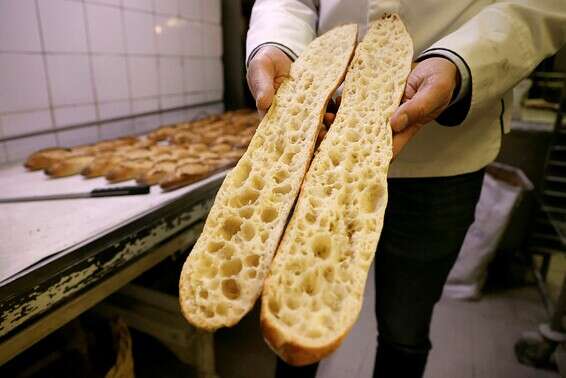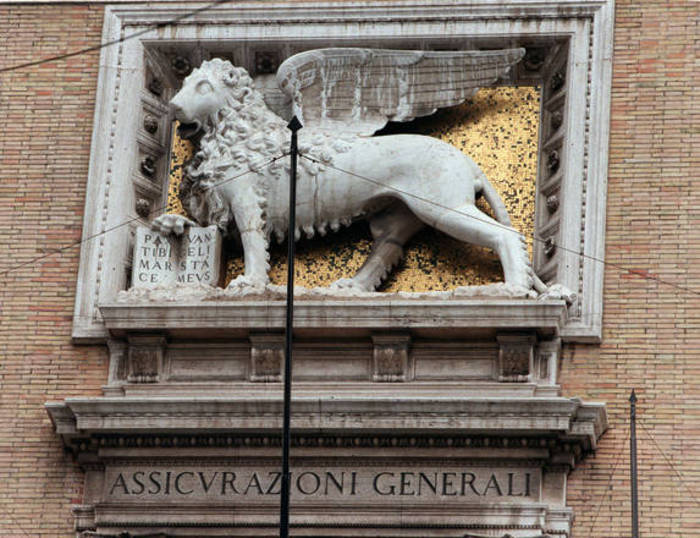The popular dish may enter the prestigious UNESCO list, after overcoming the rooftops of Paris and the Joure Wine Festival • The decision - next year
Will join the prestigious list?
The baguette
Photo:
IPI
The baguette is honored:
The popular French bread is the French candidate for the list of UNESCO's cultural assets, after winning a competition in his country for the picturesque rooftops of Paris, and the Biou d'Arbois wine festival in the Jura region. The couscous, announced last December, and the Neapolitan pizza round (the "Pizzioolo"). The UNESCO decision is expected to be made in 2022.
The list of UNESCO cultural assets is different from the list of its world heritage sites. This list focuses on traditions, especially music, arts, crafts, dance and cuisine. Yoga, French flamenco dance and Tibetan opera have already been given a place of honor on the list, as well as Belgian beer and handicrafts Ginger coming from Croatia.
The French baguette is a long, narrow bread consisting of four main raw materials: flour, water, salt and yeast, and is therefore first on the list of "simple breads".
It is characterized by a crispy outer shell ("crust") and a soft and airy inner texture (holes of various sizes).
A standard baguette in France must be 60 cm long (5 cm deviation allowed), 5 cm in diameter (1 cm deviation allowed).
The origin of the name "baguette" is from the Italian word bacchetta or baccheto, meaning "stick".
It was born because of a law enacted in 1920 and was designed to protect bakers.
By law, bakers were not allowed to work before four in the morning.
The bakers were looking for a solution that would allow them to bake bread that does not require many hours of puffing, as the round and plump French bread requires.
Thus they began to bake every morning only the baguette, a thin, long bread that does not need long puffing and is baked quickly.
Its preparation process is such that the baker arrives at the business at 4:00 in the morning, until 7:00 finishes baking and displays the baguettes in the showcase, and at 12:00 collects the unsold baguettes as they are not better for use as a baguette (it is effective for leftover uses Bread, such as croutons, crostini and bruschetta for example)
Since then the law has changed, and the technology for puffing has also become more sophisticated, but the baguette would have remained and the bread popular and associated with France.
From France, the baguette spread all over the world and became a hit even here in Israel.






/cloudfront-eu-central-1.images.arcpublishing.com/prisa/ZRLOH32ENCW263BU2E35WQOSNA.jpg)

/cloudfront-eu-central-1.images.arcpublishing.com/prisa/GBHHNCPYCFAVPPXGN23JO7RNLI.jpg)



/cloudfront-eu-central-1.images.arcpublishing.com/prisa/KMEYMJKESBAZBE4MRBAM4TGHIQ.jpg)


